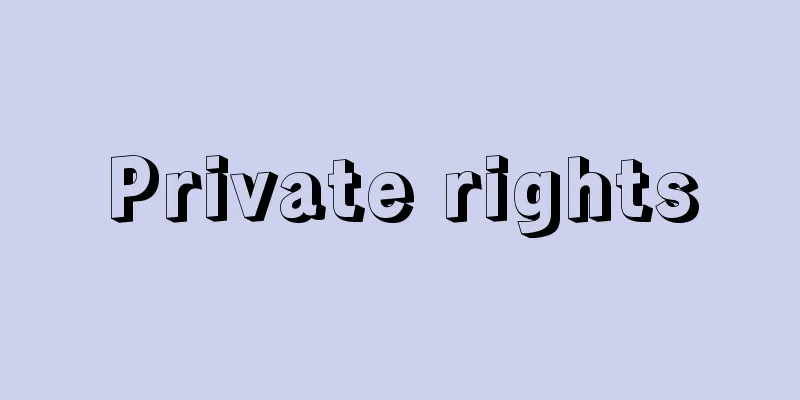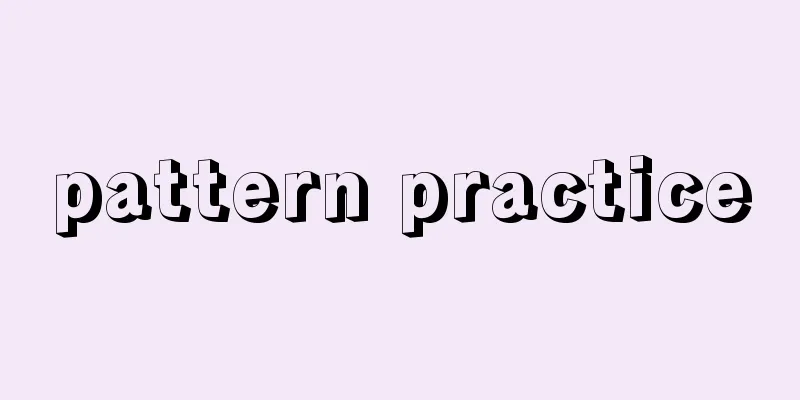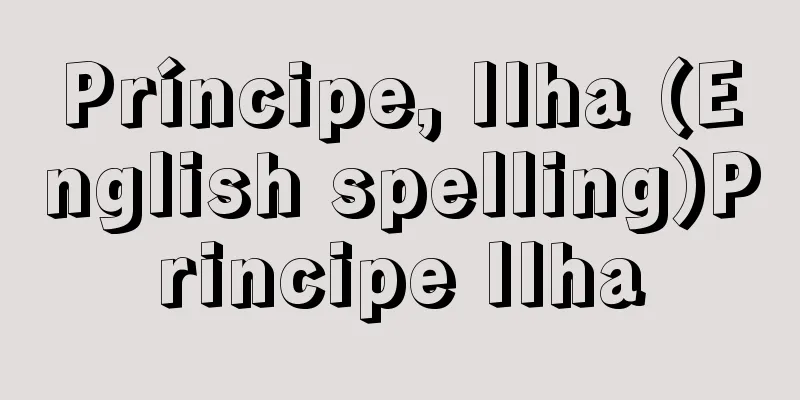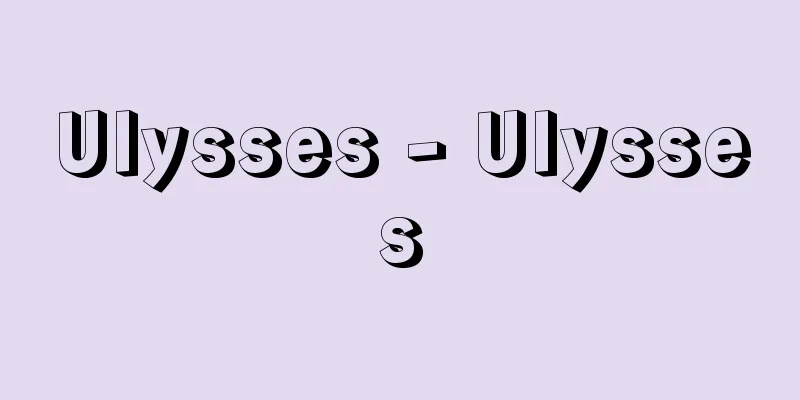Private rights

|
It is a general term for rights under private law, and is contrasted with public rights, which are rights under public law. However, there are various discussions about the necessity of distinguishing between private law and public law, and the standards for this distinction, and therefore the concepts of private rights and public rights are not all that clear. However, it can be said tentatively as follows: public rights are rights recognized by the law (public law) that regulates national or political public life, while private rights are rights recognized by the law (private law) that regulates the relationships between equal and independent private individuals. For example, property rights (real rights, credit rights, intangible property rights, etc.), status rights (family rights, inheritance rights, etc.), personal rights, employee rights, etc. are examples of private rights. Under the 19th century individualistic and liberal legal thought, the exercise of private rights was considered to be free. However, under 20th century legal thought, the exercise of private rights is subject to social restrictions. The Constitution declares this by stating, "The content of property rights shall be determined by law in such a manner as to conform to the public welfare" (Article 29, Paragraph 2), and the Civil Code states, "Private rights must conform to the public welfare" (Article 1, Paragraph 1). [Takahisa Awaji] [Reference] |Source: Shogakukan Encyclopedia Nipponica About Encyclopedia Nipponica Information | Legend |
|
私法上の権利の総称で、公法上の権利たる公権に対置される。もっとも、このように私法と公法とを区別することの必要性、さらにその区別の標準については、種々の議論があってかならずしもはっきりしておらず、したがって、私権および公権の概念もそう明確にはなっていない。しかし、いちおう次のようにいうことができる。すなわち、公権とは、国家的ないし政治的な公的生活を規律する法(公法)によって認められた権利であるのに対して、私権とは、対等独立な私人の間の関係を規律する法(私法)によって認められた権利である。たとえば、財産権(物権・債権・無体財産権など)、身分権(親族権・相続権など)、人格権、社員権などは私権の例である。 19世紀的な個人主義・自由主義の法思想の下では、私権の行使は自由と考えられていた。しかし20世紀的法思想の下では私権の行使には社会的制約が伴う。このことを、憲法は「財産権の内容は、公共の福祉に適合するやうに、法律でこれを定める」(29条2項)と規定して宣明し、民法は「私権は、公共の福祉に適合しなければならない」と表している(1条1項)。 [淡路剛久] [参照項目] |出典 小学館 日本大百科全書(ニッポニカ)日本大百科全書(ニッポニカ)について 情報 | 凡例 |
<<: Examination - Shiken (English spelling) examination
Recommend
Kanroji Chikanaga
Year of death: August 7, 1500 (August 31, 1500) Ye...
Nautical instruments - navigation instruments
Measuring instruments used to obtain information ...
Cirsium nipponicum
…[Hiroshi Aramata]. … *Some of the terminology th...
madina (English spelling)
…Even today, when new European-style towns have d...
Piura (English spelling)
The capital of Piura Department in northwestern Pe...
idiophones
...For this reason, when classifying musical inst...
muṣallā (English spelling) musalla
…A mosque is not necessarily limited to a buildin...
Interferometry
...Other refractometers that use total reflection...
Kankikoin Temple
… [Hachijo-in territory] In 1141 (Eiji 1), when E...
Gujarat [State] (English spelling)
A state in the westernmost part of India, facing t...
Generator - Hatsudenki (English spelling) generator
A general term for energy conversion devices that...
Relaxation phenomenon
When a system surrounded by the outside world is ...
Dual Identity - 2014
This refers to a state of consciousness in which a...
Movement of hands - Unshin
A type of sewing technique that is the basis of h...
Tsumugi
Silk fabric woven with tsumugi thread. Tsumugi th...









